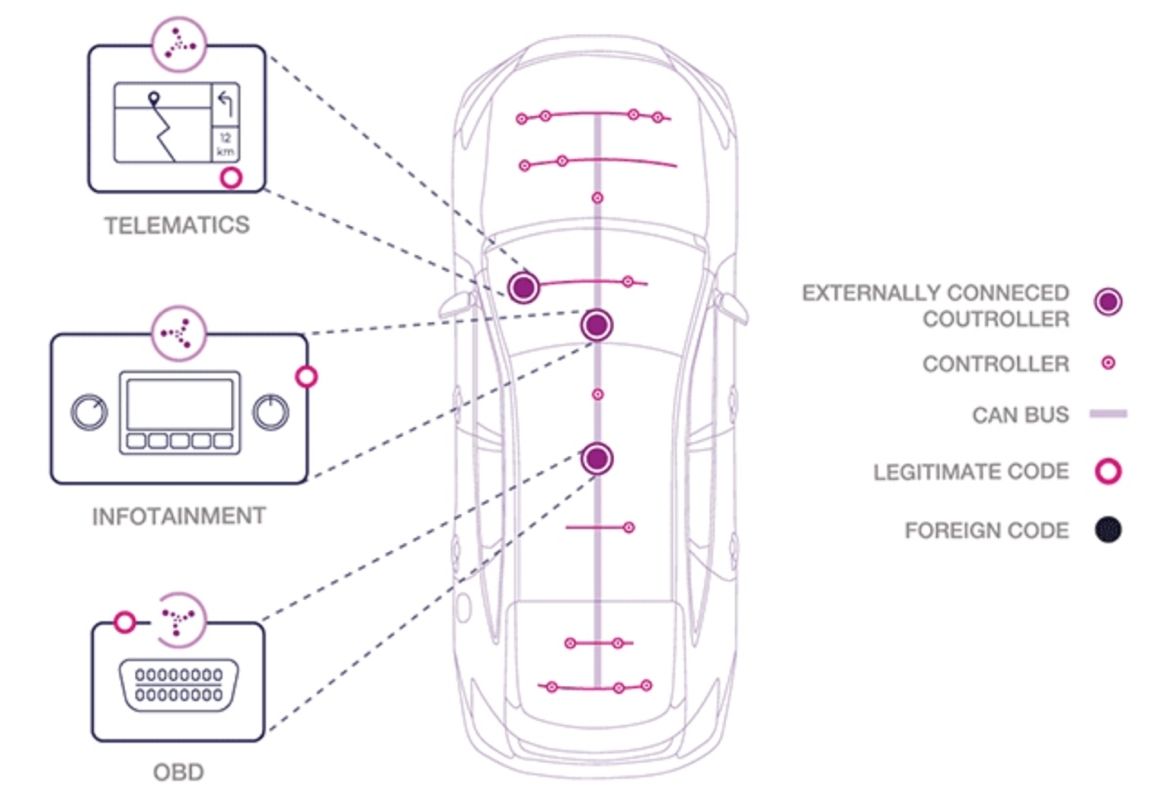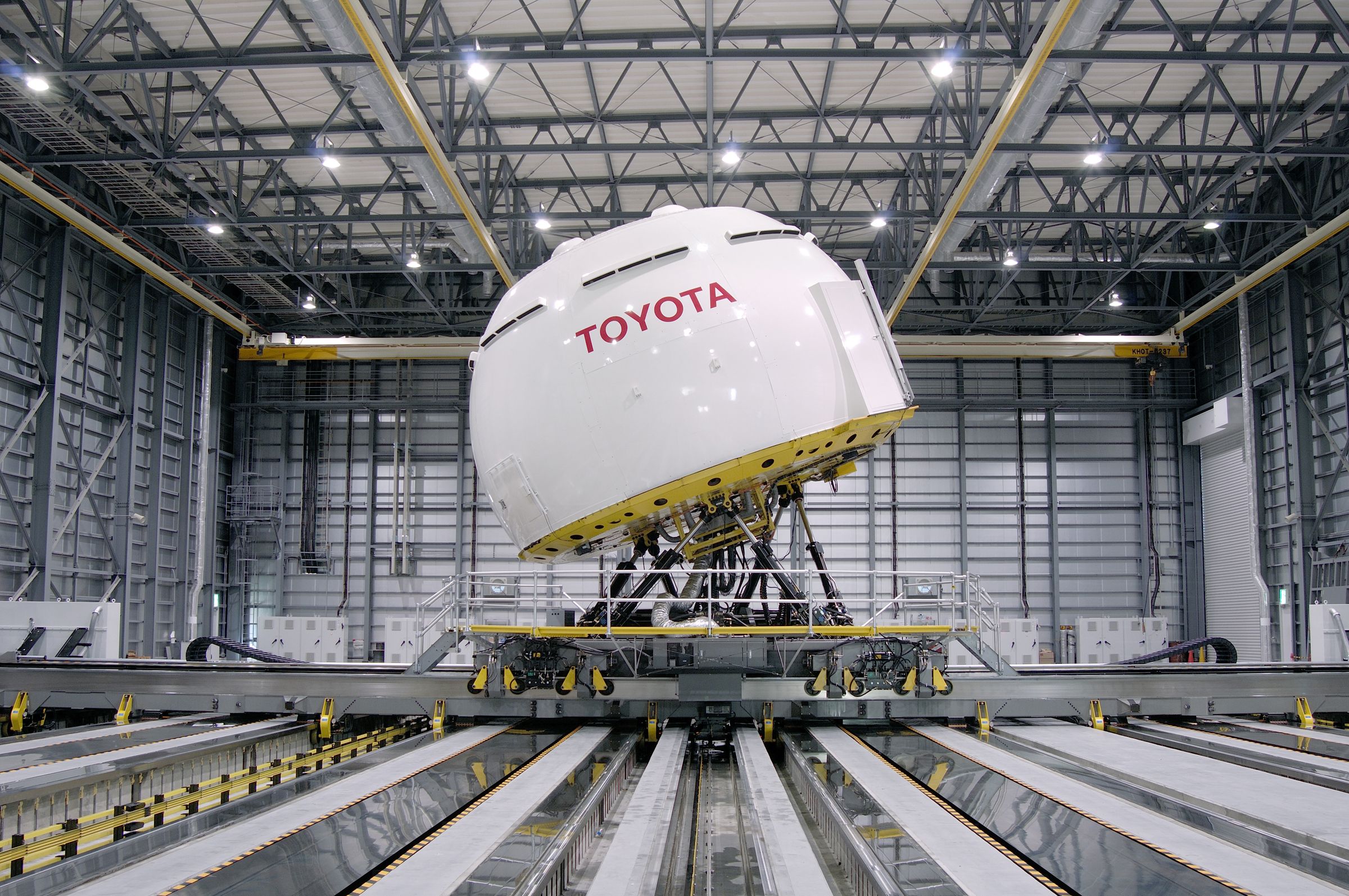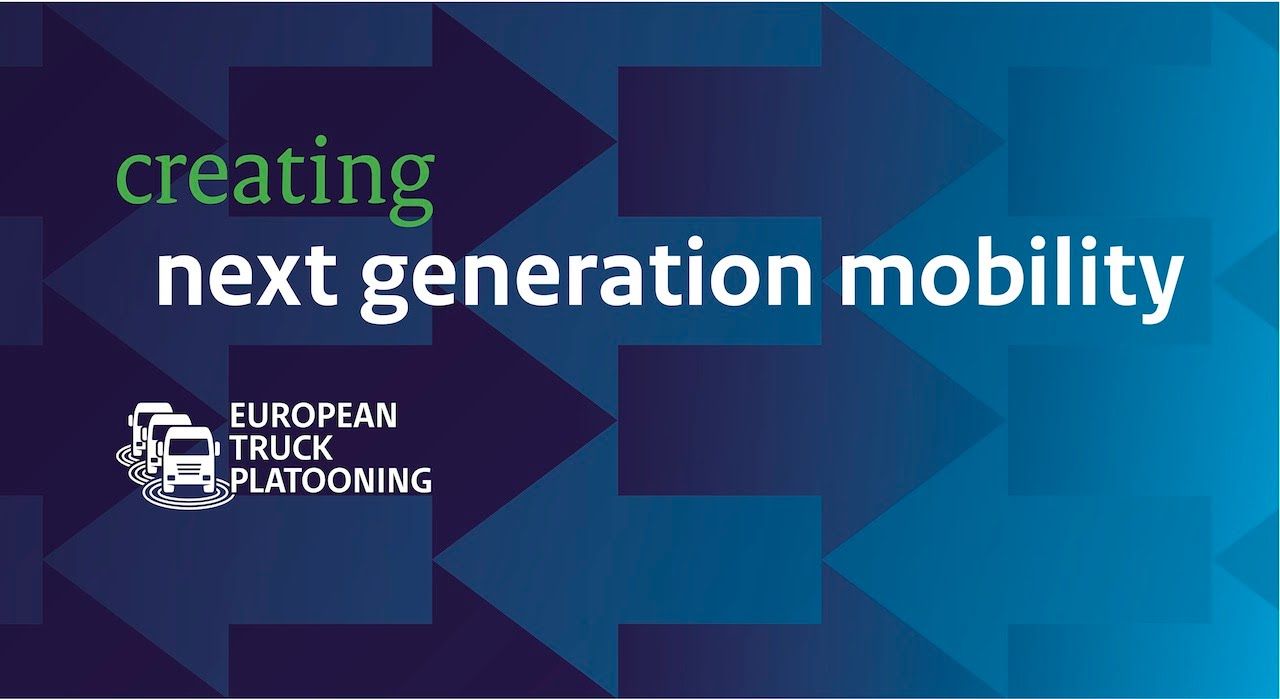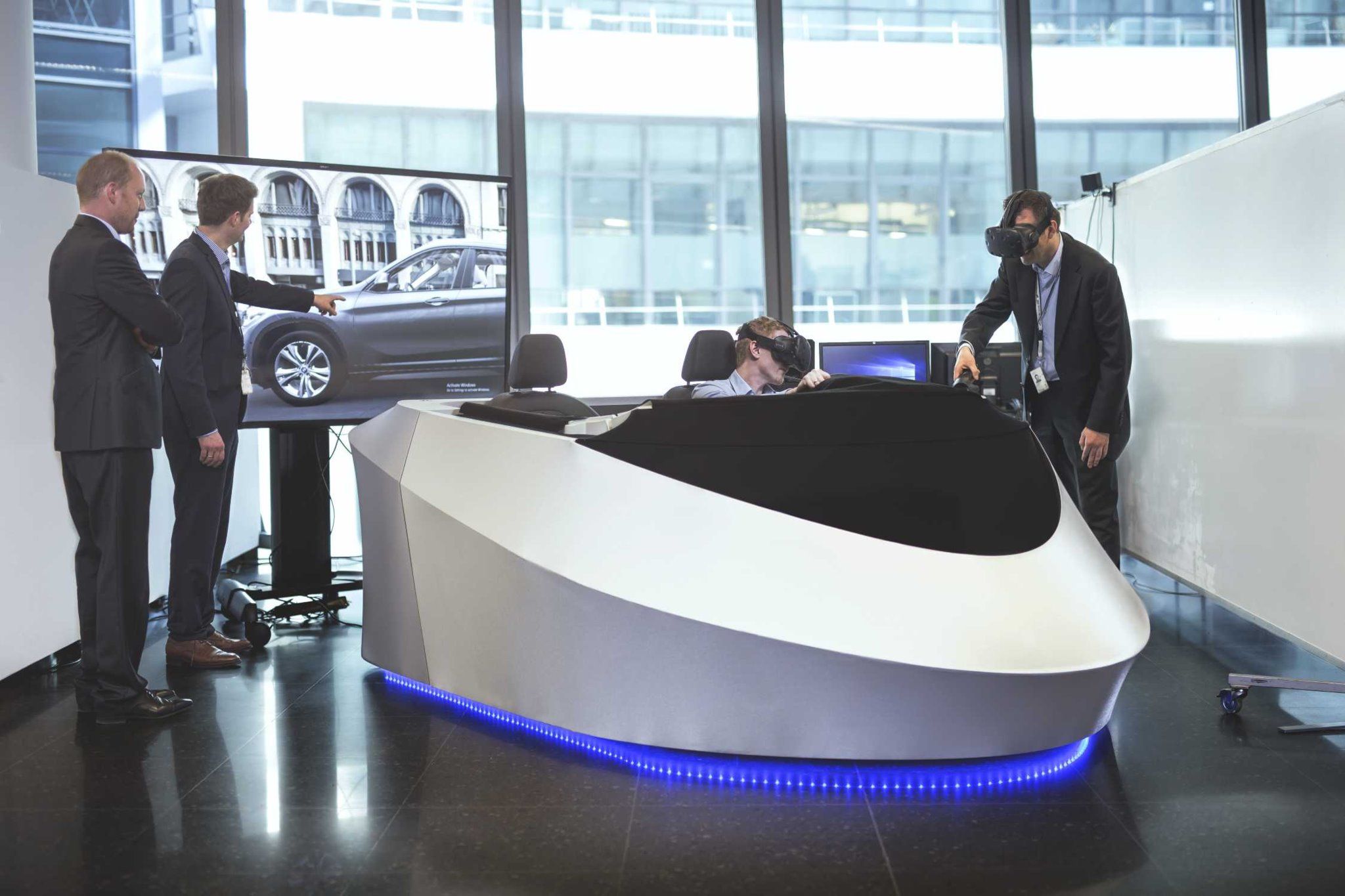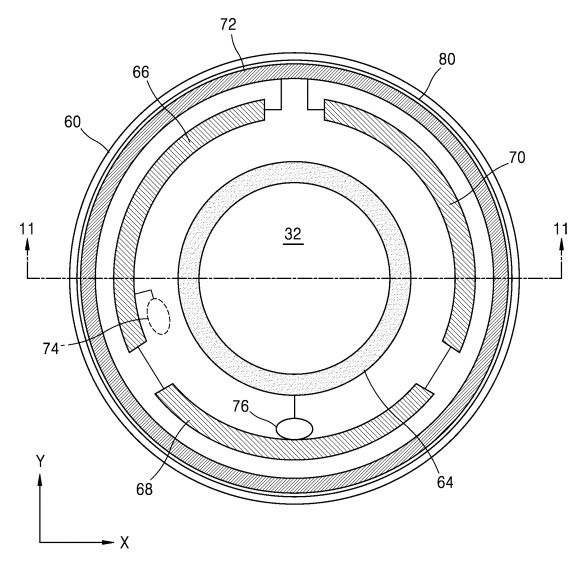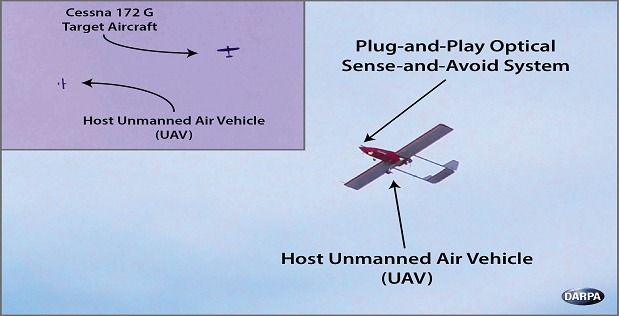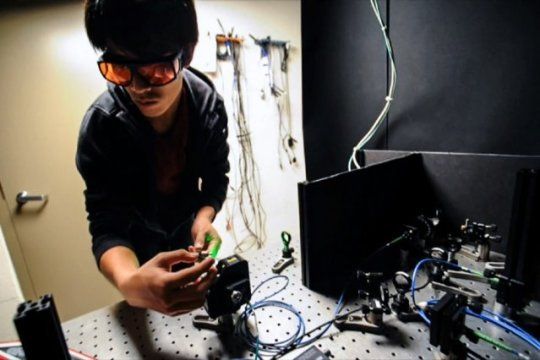Apr 7, 2016
Why E.T. Will Need Customer Service
Posted by Bruce Dorminey in categories: alien life, food, transportation
If history is a guide, trade may be widespread among space-voyaging civilizations throughout the galaxy. Cultures that hate each other, still find common ground across a bartering table — as noted in this article blast from the past. #SETI
Sitting in the waiting room of my local auto repair, I honestly began to wonder if on some other far-flung planet, pointy-eared aliens would be listening for someone to sing out that they, too, were “Good to Go.”
Or, to them, would the sort of back and forth banter that we all take for granted in day-to-day business here on Earth seem as alien as ice cream? Would a highly-advanced civilization circling another sunlike star even need this sort of social lubricant?

